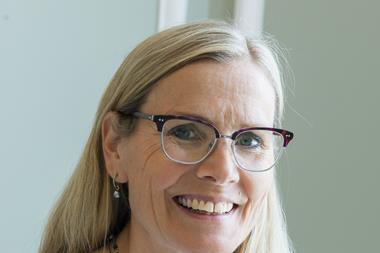Don’t ignore the human aspects when planning for a crisis
Don’t ignore the human aspects when planning for a crisis. This was one of the messages at yesterday’s disaster recovery planning workshop. ‘Disasters like Katrina affect people as well as business,’ said Neil Courtney of Belfor International. ‘You need to plan for those who work for you as well.
Think about their emotions and their willingness to help recover the business if their homes have been destroyed.’ Courtney said that businesses should also consider how they train people. It was essential to select the appropriate people for the different levels of the team. ‘It is a question of evaluating their expertise and their skills under pressure,’ he explained. ‘You also need to explore the dynamics of the team membership and how they work together.’
Courtney stressed that team membership should not be elitist. ‘Not everyone can excel in the immediate crisis but they will still be essential to ensure that the business returns to normal, for example by arranging necessary resources.’He pointed out that businesses may need to have several teams to handle different aspects of the recovery. ‘Media specialists are an obvious example.’ Andrew King of Marsh told workshop delegates that a particular issue that arose with one client in Turkey after the last serious earthquake was that, with their homes damaged, people would want to move away to stay with relatives and would not be able to continue working for the business.
‘It was essential to act quickly before this happened so, within the business interruption claim, we agreed to include an amount for buying portacabins to house staff,’ he said.




















No comments yet